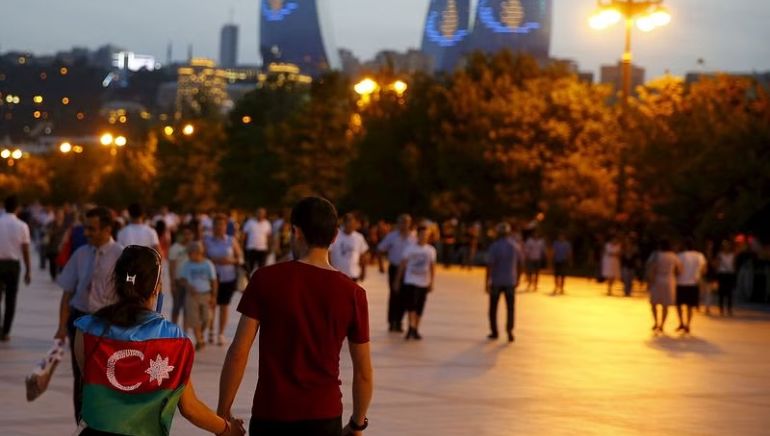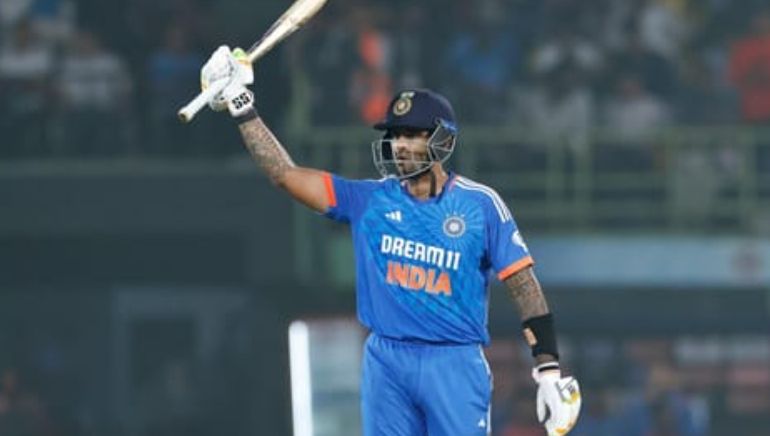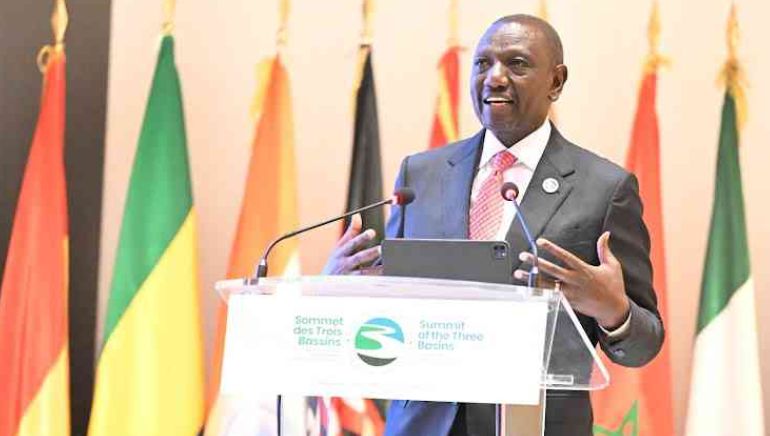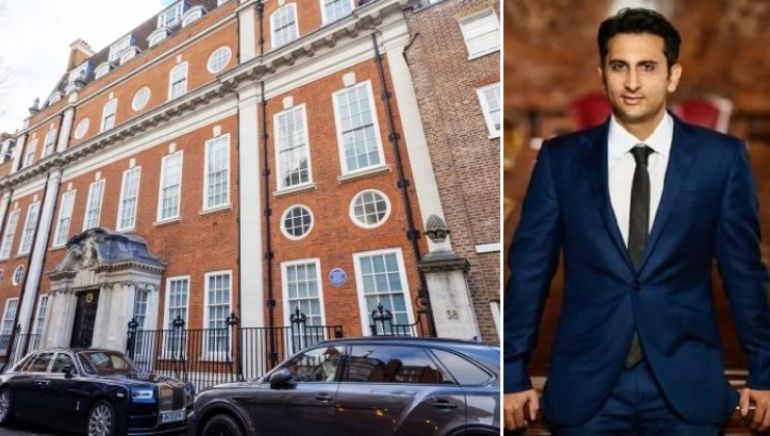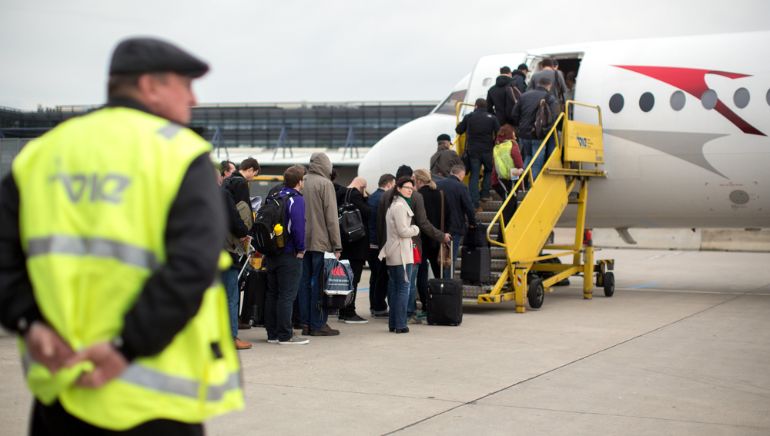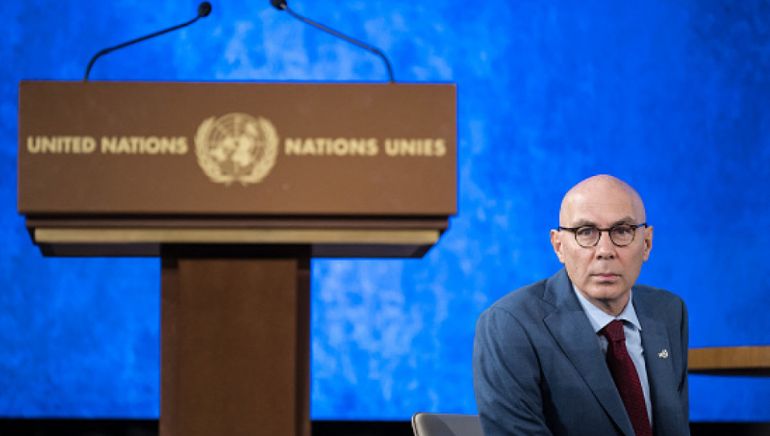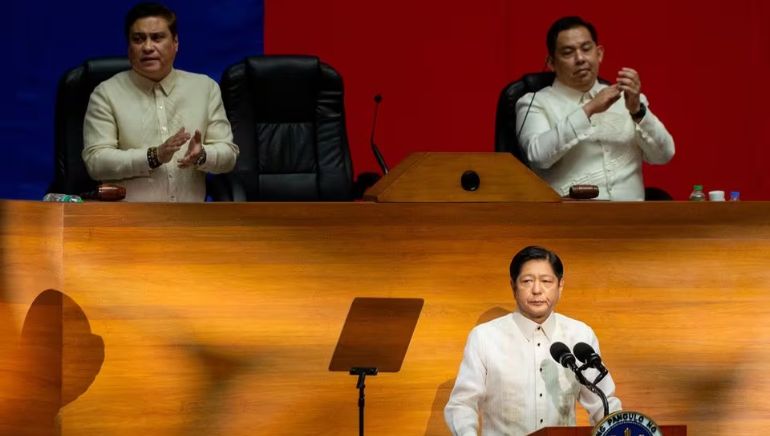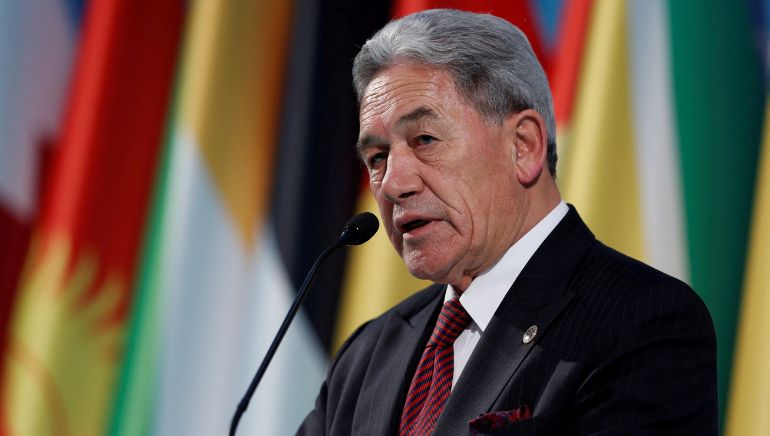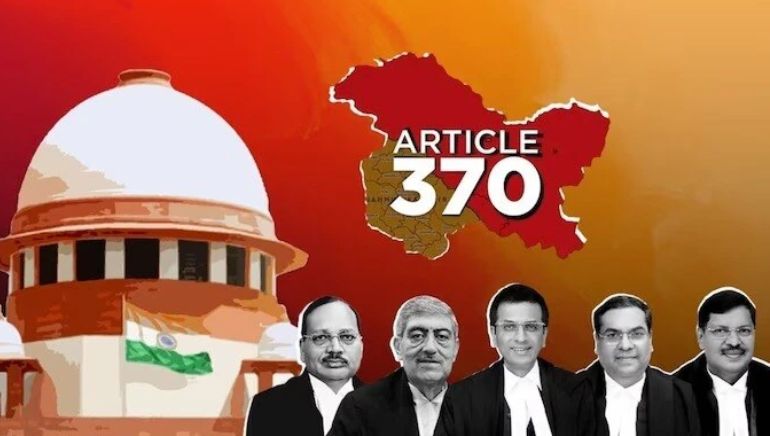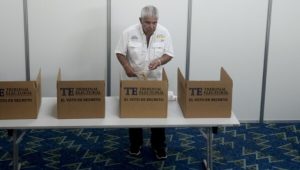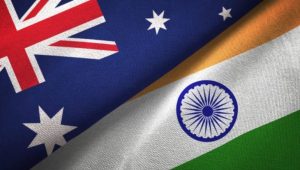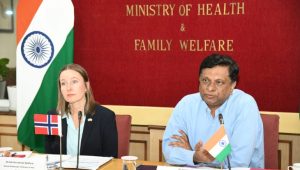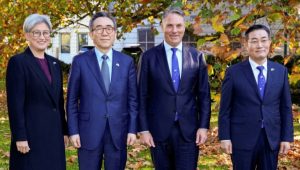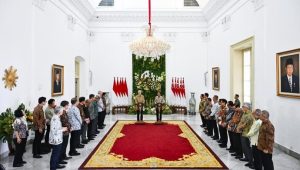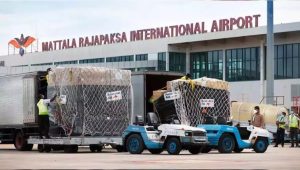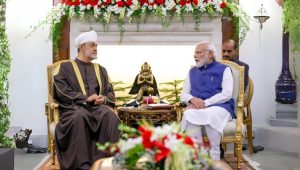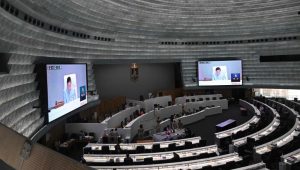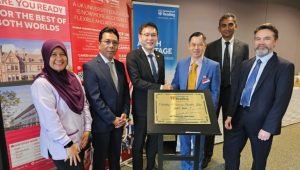Azerbaijan has secured the hosting rights for the COP29 climate change summit, gaining support from Eastern European nations during the ongoing COP28 summit in Dubai.
The decision, resolving months of geopolitical deadlock, drew attention to Azerbaijan’s oil production and human rights record. While Azerbaijan’s Ecology Minister, Mukhtar Babayev, expressed gratitude for the support, concerns were raised by Zhala Bayramova, daughter of anti-corruption researcher Gubad Ibadoghlu, who criticized the country’s oil and gas industry. Bayramova noted that hosting COP29 gives legitimacy to the government and voiced apprehension about her father’s safety.
The bid faced obstacles as Russia vowed to veto any EU country’s bid, leading Azerbaijan to seek approval from the nearly 200 countries present at COP28.
The agreement with Armenia, a historical adversary, ensured no Armenian veto threat. However, Azerbaijan’s relations with some Western countries soured following the reclaiming of Nagorno-Karabakh in September. Hosting COP29 grants significant influence over the summit’s agenda and outcomes.
While concerns arose about holding climate talks in an oil-producing nation, Azerbaijan, a member of OPEC+, aims to diversify energy sources, including wind and solar power. The decision reflects the nation’s preparedness to handle the event.
COP28 in the UAE, with over 90,000 delegates, marked a substantial gathering. The hosting announcement for COP29 comes amid ongoing discussions at COP28 and underscores Azerbaijan’s pivotal role in shaping the global climate agenda.





